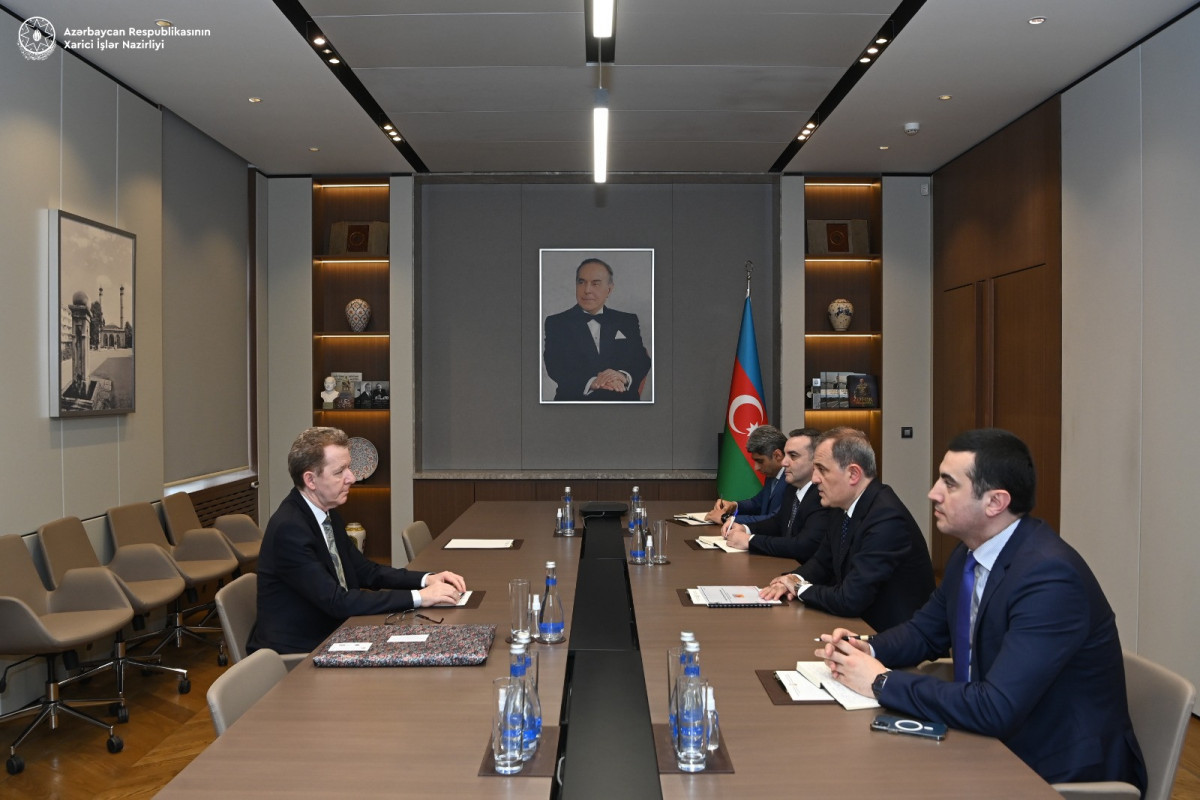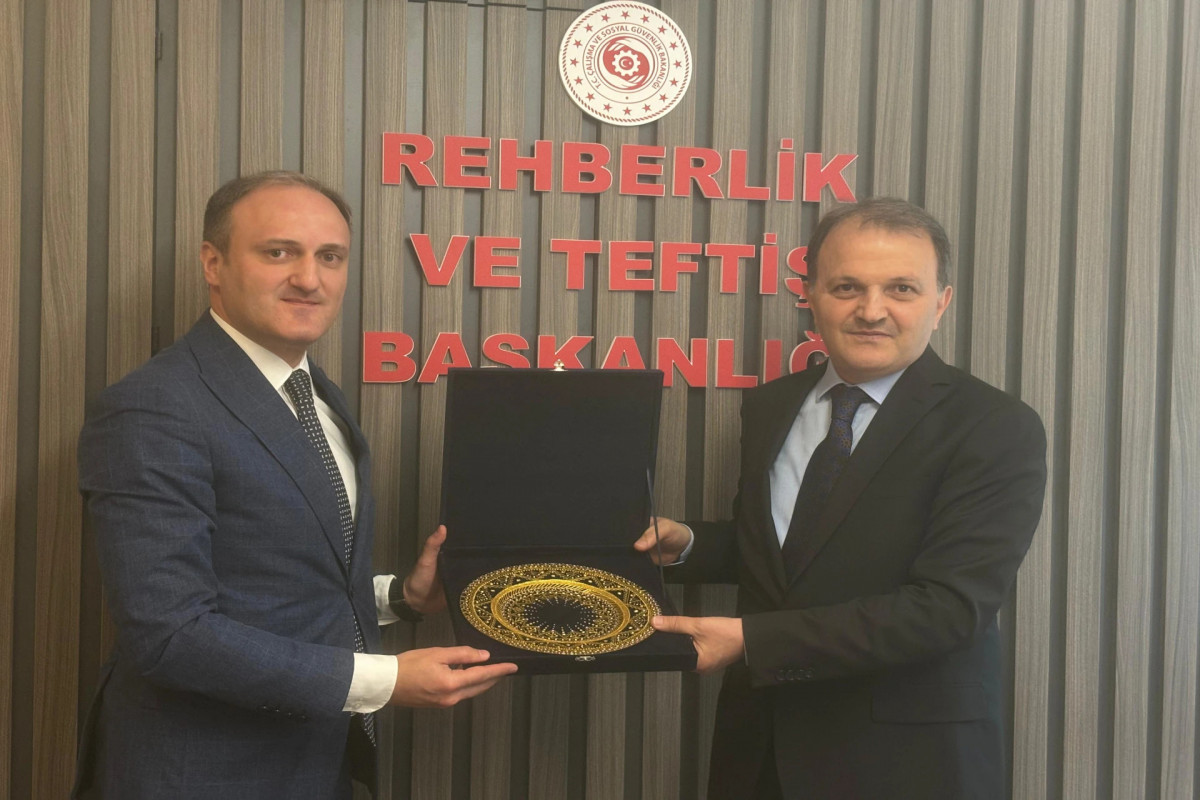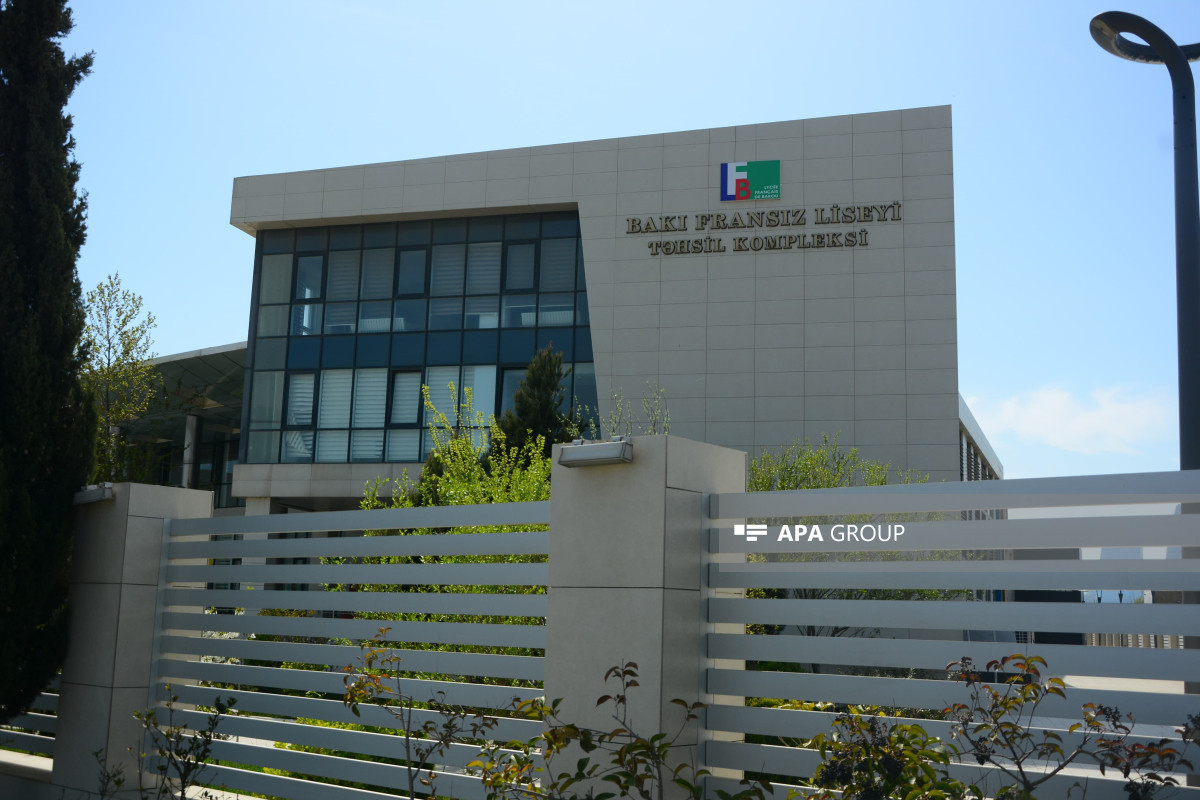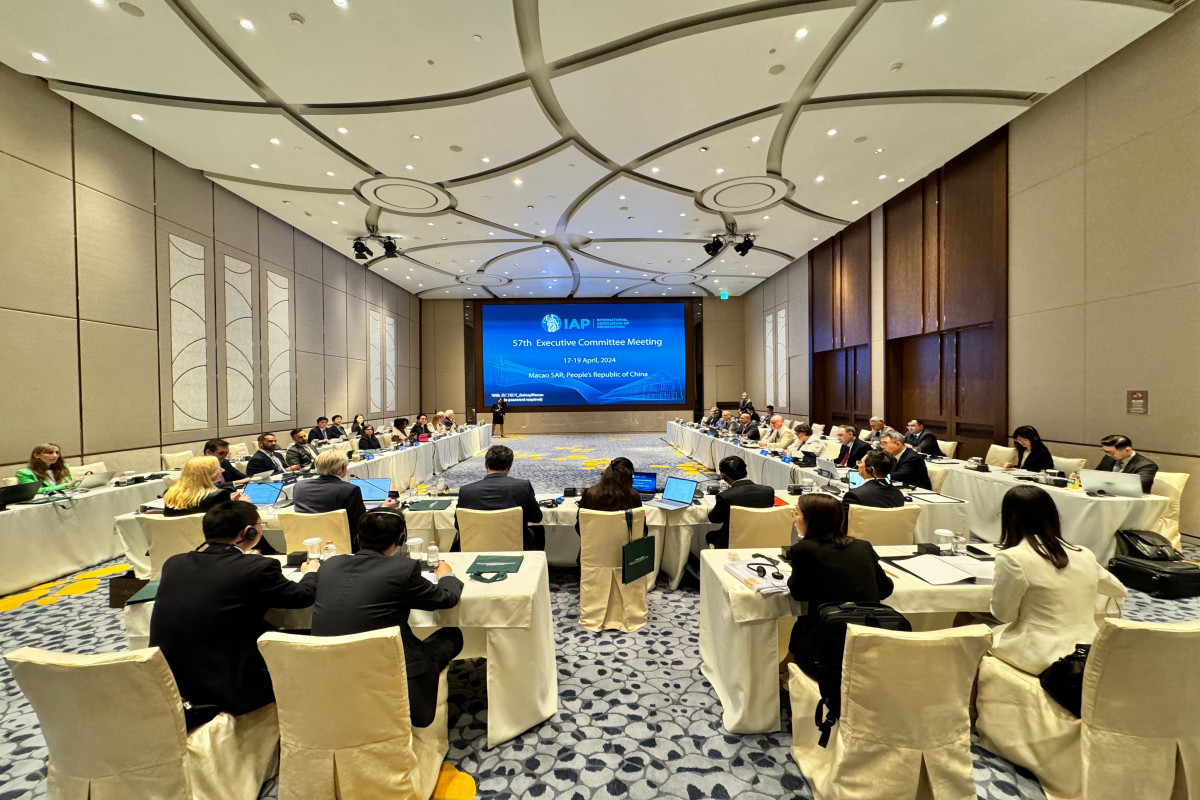An international scientific conference, titled “The 100th Anniversary of the Genocide against Azerbaijanis. The Policy of Genocide, Military Aggression and Ethnic Cleansing in the Modern Period”, kicked off at the Cultural Center of Azerbaijan’s State Security Service in Baku on Thursday.
Co-organized by the State Commission for Prisoners of War, Hostages and Missing Persons and the State Security Service, the conference is being attended by scientists from Azerbaijan, Turkey, the United States, the United Kingdom, France, Germany, Ireland, Georgia and Russia
The participants viewed the photo-documents and books published by the State Commission that were on display.
Ismayil Akhundov, secretary of the State Commission on Prisoners of War, Hostages and Missing People of Azerbaijan and head of the working group, said that 100 years ago—that is, in March-April 1918—Dashnak-Bolshevik armed groups operating under the mandate of the Baku Council carried out a massacre of Azerbaijanis.
“On those days tens of thousands of civilians were killed in Baku and other cities of Baku governorate for ethnic and religious identity. Moreover, residential areas, cultural monuments, mosques and cemeteries were destroyed. The 1918 genocide against the Azerbaijani-Turkish population was not limited to the territory of Azerbaijan; it also targeted the peaceful Muslims living in the South Caucasus, Turkey and Iran,” he noted.
Akhundov reminded that President Heydar Aliyev signed an order on March 26, 1998 to declare March 31 as the ‘Day of Genocide of Azerbaijanis.’
“As a result of the policy of ethnic cleansing and genocide conducted by the Armenian military, 20 percent of the Azerbaijani territory was occupied and more than a million Azerbaijanis became refugees and IDPs. In addition, 20,000 people were killed, 50,000 became disabled and 3,875 went missing,” he added.
Prof. Kemal Cicek, director of New Turkey Strategic Research Center, said that although today there are representatives of different ethnic groups in Turkey, Georgia and Azerbaijan, there is no one except Armenians living in Armenia.
"Armenia continues the policy of genocide. The Khojaly massacre is a vivid example of the abovementioned. Azerbaijanis were killed in Khojaly because they were Turks, Muslims," he stressed.
Prof. Solmaz Rustamova-Tohidi of the Ziya Bunyadov Institute of Oriental Studies of the National Academy of Sciences of Azerbaijan said that the March 31 massacres were assessed even in the Azerbaijan Democratic Republic era.
"Mammad Amin Rasulzade called the people killed in March-April massacres ‘victims of liberty’. However, after the April revolution the March-April massacres were referred to as a civil war,” she noted.






